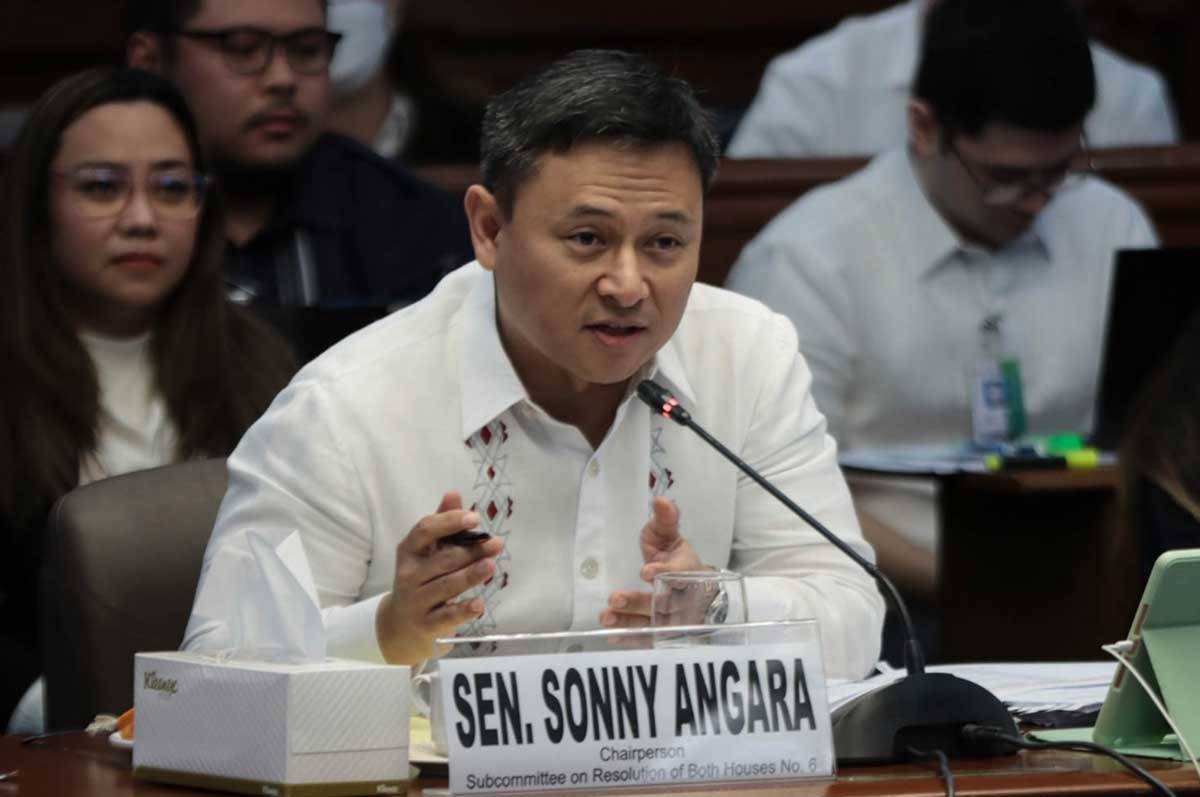Persistent corruption and red tape pose significant challenges to the revisions in the economic provisions of the Constitution aimed at attracting foreign investors, according to Senator Juan Edgardo “Sonny” Angara. During a press conference, Angara was asked about the potential usefulness of amending the economic provisions in the Charter to entice foreign investors, despite concerns about corruption and red tape.
Angara expressed his skepticism, stating that even if the Constitution were amended, corruption and red tape would still hinder progress. As the head of the Senate Subcommittee on Constitutional Amendments and Revision of Codes, Angara emphasized the importance of addressing corruption and red tape as key factors in attracting foreign investment.
Speaking in Filipino, Angara explained that aside from the return rate of investment (ROI), investors from all over the world seek predictability. They do not want to be surprised by new higher taxes, as corruption can be seen as an informal tax. If corruption persists, there will be no significant increase in foreign investment.
During the first public hearing on the proposed amendments, the need to address corruption was highlighted. Angara stressed that without cleaning up corruption, economic miracles should not be expected. He also mentioned that although the Senate passed the Ease of Doing Business Act, it has not been fully implemented due to challenges in enforcement.
To gain expert insights, the Senate subcommittee invited representatives from prominent business groups and economists to attend the public hearing. Organizations such as the Makati Business Club (MBC), the Philippine Chamber of Commerce and Industry (PCCI), and the Management Association of the Philippines (MAP) were expected to shed light on the country’s economy and its openness to foreign investment.
Angara’s commitment to broadening participation in the discussion aligns with President Ferdinand Marcos Jr.’s reassurance that his administration aims to address the economic provisions hindering foreign investment. Angara, along with Senate President Miguel Zubiri and Senate Pro Tempore Lorna Regina “Loren” Legarda, authored the proposed amendments to the economic provisions related to public service, education, and advertising.
Angara emphasized the need for flexibility in the economic provisions of the Constitution to align with global economic trends. He reiterated that the purpose of the proposed Charter change or Cha-cha is solely to amend specific economic provisions.
Proponents argue that the restrictive and non-investor-friendly economic policies in the Constitution have contributed to the lackluster performance of foreign direct investment (FDI) in the country. However, opponents point to corruption, red tape, and the high cost of doing business as significant obstacles.
The Senate panel has invited legal luminaries and constitutional experts, including former Chief Justice Hilario Davide, Associate Justices Adolf Azcuna and Vicente Mendoza, and former Commission on Elections Chairman Christian Monsod, to provide their insights. More legal experts are expected to participate in the upcoming public hearings, which may be held on a weekly basis.
In conclusion, addressing corruption and red tape is crucial for attracting foreign investment. While amending the economic provisions of the Constitution may be a step in the right direction, it is essential to tackle the underlying issues that hinder economic growth. By creating a more predictable and investor-friendly environment, the Philippines can position itself as an attractive destination for foreign investors.







